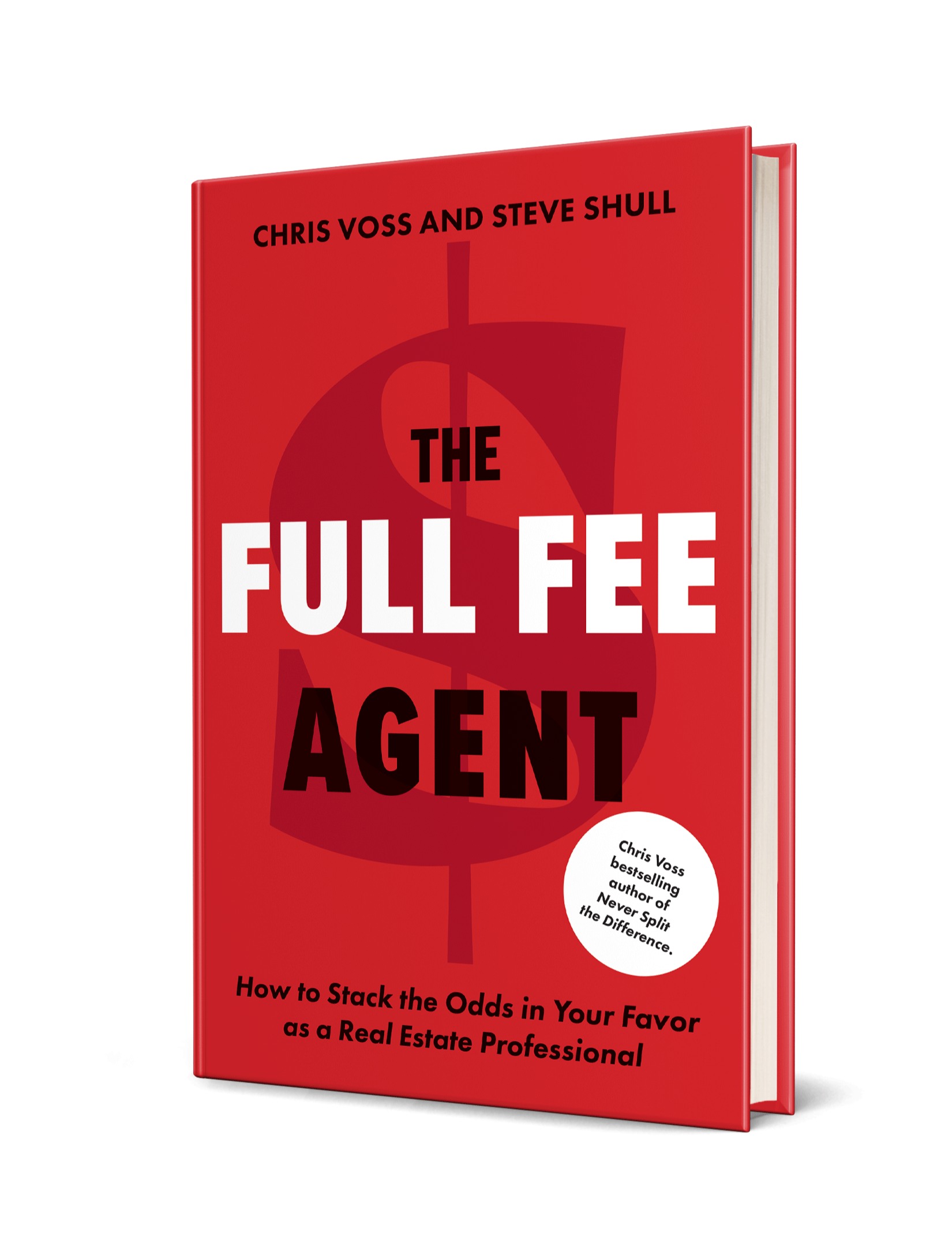Agents Think This Is Their Job…But It’s the Worst Thing You Can Do
Oct 25, 2024
by Laurie Gilmore
Have you ever made a decision for a client…only to watch it backfire on you?
Have you ever failed to point out a potential pitfall…and the client later blamed you?
We’ve all been there, {{ first_name }}. And if you want to avoid ever going back there again, there’s one thing you need to do…
Keep the responsibility where it belongs.
As agents, we are challenged with a crucial balancing act every single day: allowing your client to maintain their autonomy while doing your job as Trusted Advisor at the highest professional level.
How do you guide them without pushing them?
How do you help them make smart decisions without making those decisions for them?
Learning to walk this line will save you from all of the anxiety, guilt, damage, and loss that comes from making a decision that’s not yours to make, or failing to lay out the landscape for your client.
To walk that line, there are 3 subtle mental shifts—we call them 2mm Shifts—you need to make.
➡️ Shift from ❌ Controlling to ✔️ Letting Go
Letting go of the outcome…
Letting go of your attachment to the deal,
Letting go of your need for control…
Letting go of your need to take responsibility, blame, and credit…
This is what allows you to truly embrace the role of the Trusted Advisor.
It’s one of the most important inside jobs we have, and one of the things we struggle with the most.
It requires you to relinquish the idea that you have any role in decision making…
It requires you to release yourself from the idea that you are to blame if the client’s choices do not result in success…
AND it requires you to give up your need for a round of applause if the deal comes together.
Making this shift is simple in theory: you just have to recognize that if you do not possess the ability to make the final decision on something, it is NOT your responsibility. Remind yourself of that every day, in every client conversation, and you’ll be well on your way.
➡️ Shift from ❌ Responsibility to ✔️ Accountability
There’s a crucial distinction between building trust and making promises.
When a client hires you based on a list of promises, it’s blood money. The moment any one of those promises fails to materialize, you’ve failed the client, and they will be all too ready to call you to account.
It has the same detrimental effect on your own psyche. Making promises creates a feeling of responsibility. You’ve made a promise. You MUST fulfill it.
It puts you in an impossible position of needing to control the uncontrollable.
It encourages the false idea that you need to be making all of the decisions, you need to have all of the answers, you need to solve all of the problems—because you NEED to succeed.
When you take responsibility, the client relinquishes responsibility, which makes your life miserable and risky.
Anxiety and guilt pile up when things don’t go perfectly—which is most of the time. When you blame yourself, your client will (rightly) agree with you. Both you and your client end up in a negative emotional state, and the relationship begins to deteriorate.
All because you took on responsibility that should never have been yours.
And the irony is, this is not what people want to begin with.
Your client does not need to be told what they should do.
They do not want to be led (or pushed or dragged) by someone who “knows best.”
They want to be guided by someone they truly trust.
They want to maintain their autonomy.
➡️ Shift from ❌ Leading to ✔️ Guiding
I’ve talked before about the concept of Crossing the Street.
You and your client are on opposite sides of the street. Instead of yelling across to them to come over to you and follow your path, you cross over to them, stand side by side, look at the world from their perspective, and see where they want to go.
Then you gently guide them along the path to their chosen destination, keeping close by and attentive so that you can point out any obstacles—be they pebbles or giant gaping quagmires—along the way.
You do have some responsibility in this scenario…but it’s NOT responsibility for making decisions OR for producing specific outcomes.
Your responsibility is to…
→ Understand where your client wants to go,
→ Lay out their options for getting there (INCLUDING the possible consequences of each),
→ And stay vigilant for unexpected obstacles.
As long as you do those three things at the highest professional level, you’ve done your job.
Keeping the responsibility where it belongs should be top of mind when you enter ANY decision-making conversation with your clients.
That includes the initial pricing conversation, price adjustments, preparing offers, negotiating offers, and re-negotiating offers, to name just a few.
These three mindset shifts are the first step to striking this crucial balance…and next week, we’ll explore some specific Tactical Empathy skills that help you stay in your lane and protect your client’s autonomy.
PS - Want to meet me and learn from me in person? Come to Game Plan 2025 on Dec. 3rd in Los Angeles! I’ll be on stage, and you can come say hello at lunch—or maybe at the cocktail reception the evening before. Hope to see you there!
Get free coaching in your inbox every week
Stay focused on what truly matters with key highlights and insights from all our coaching programs.


